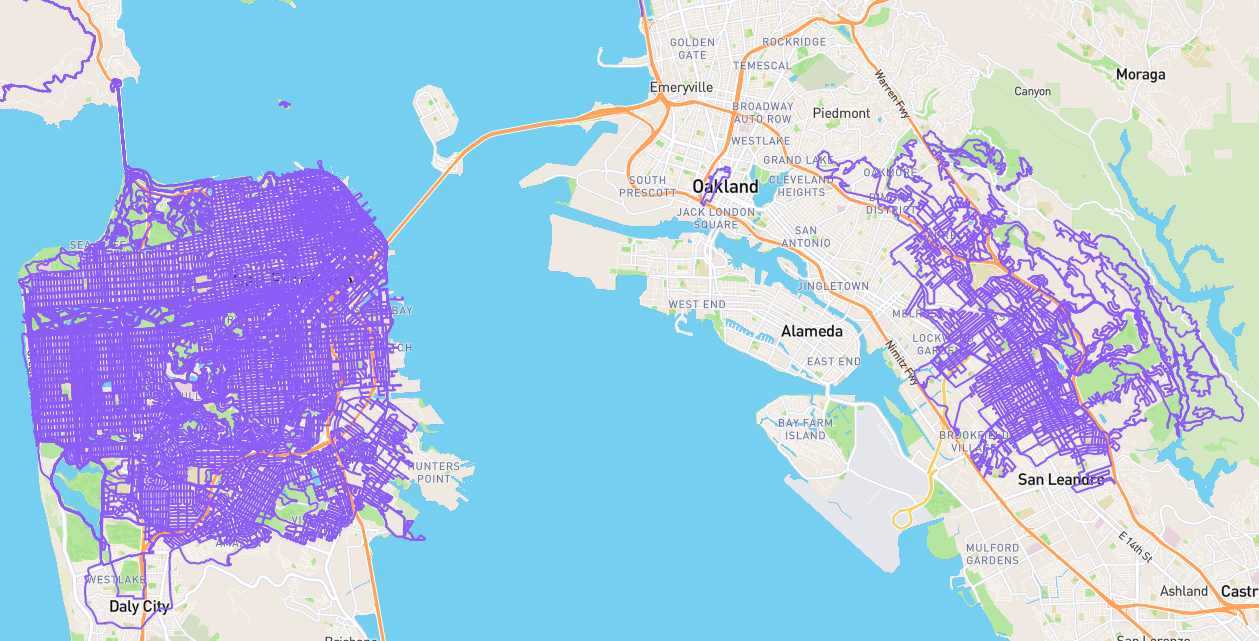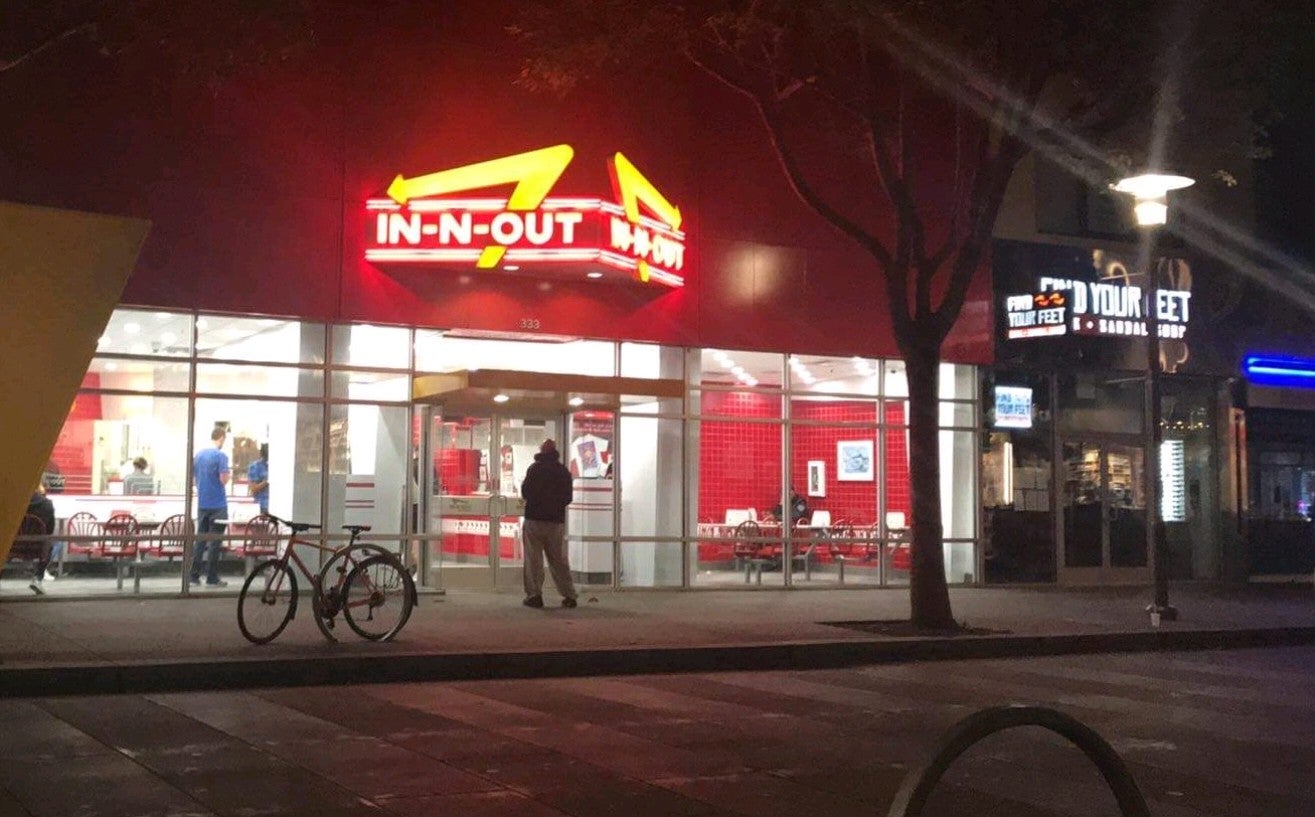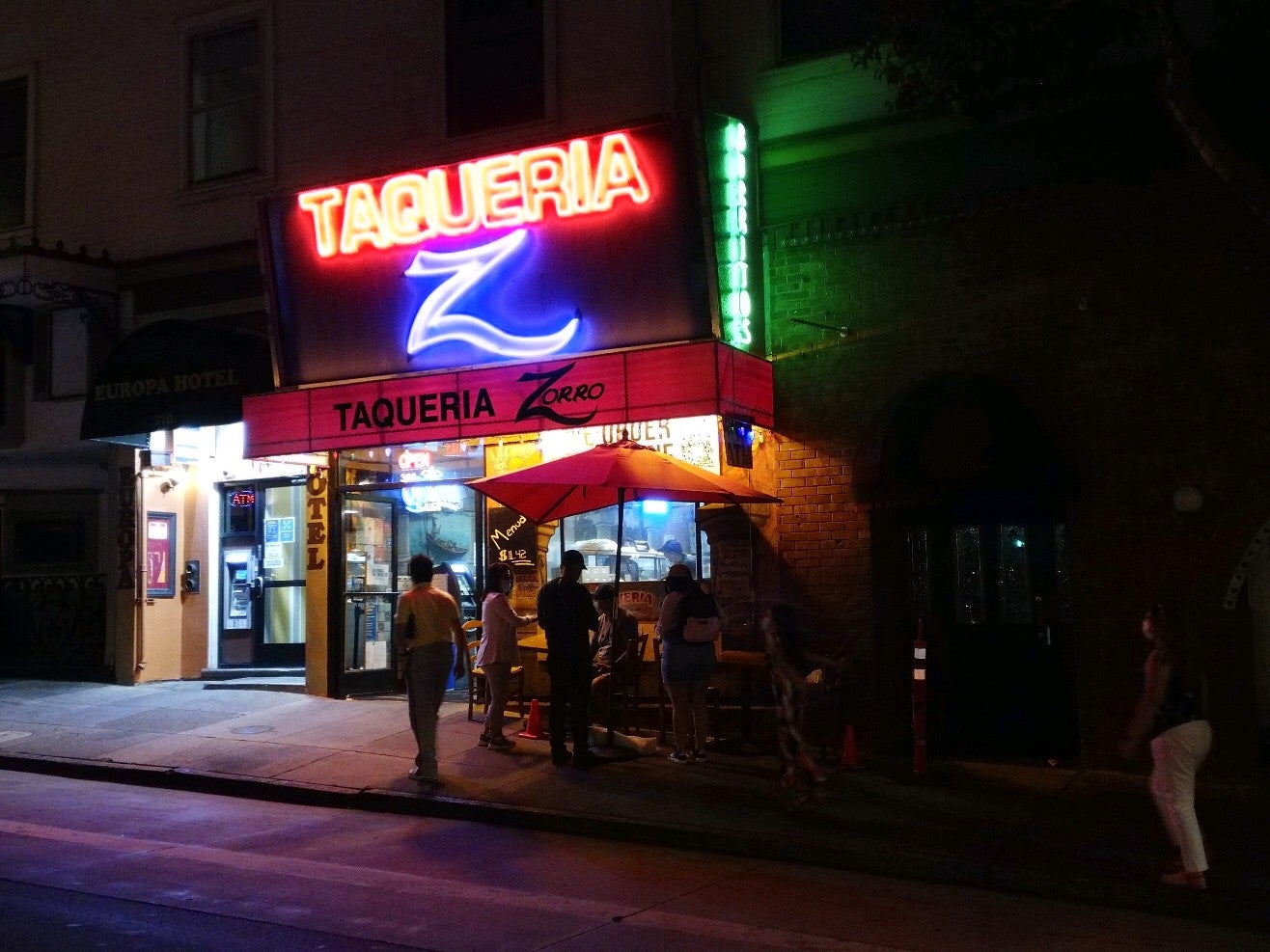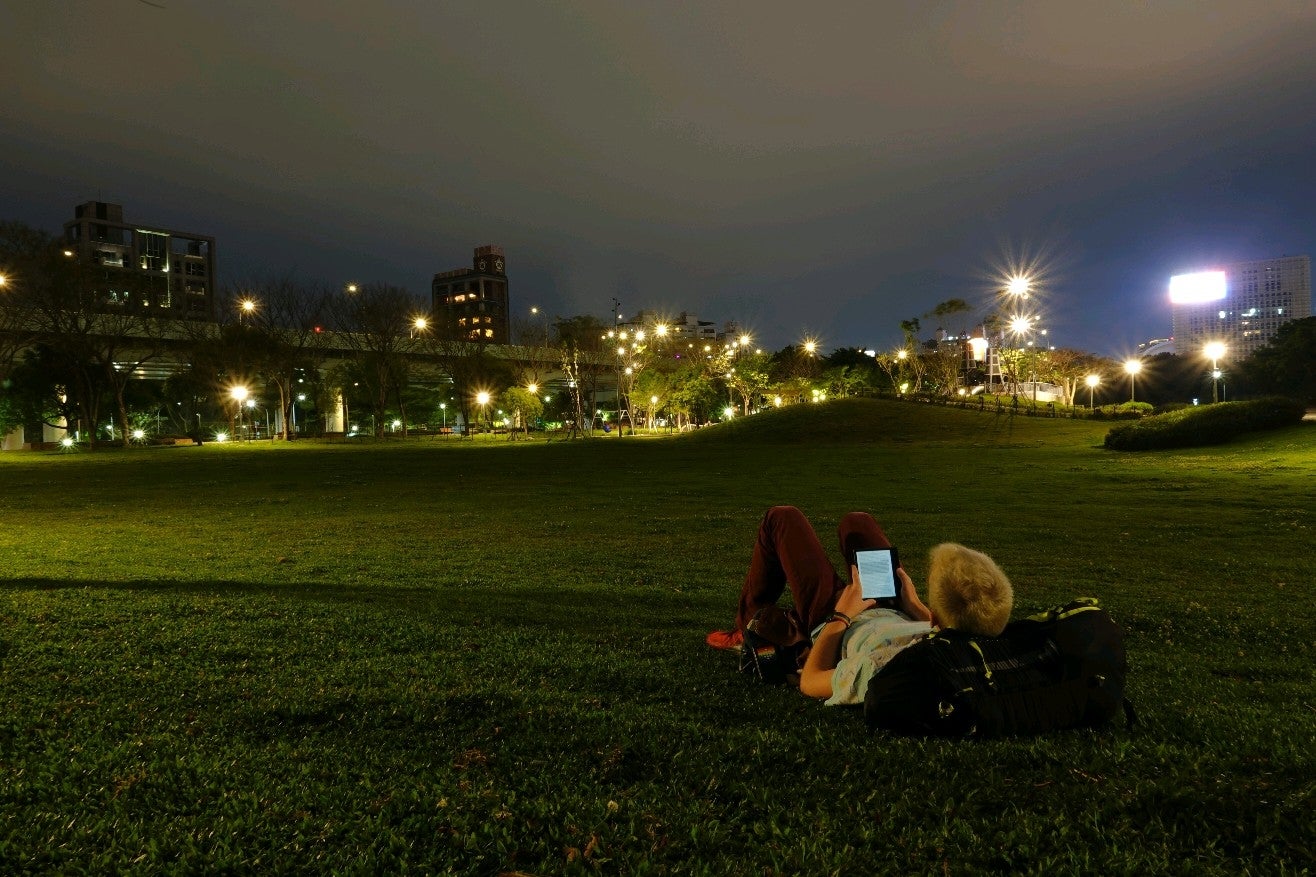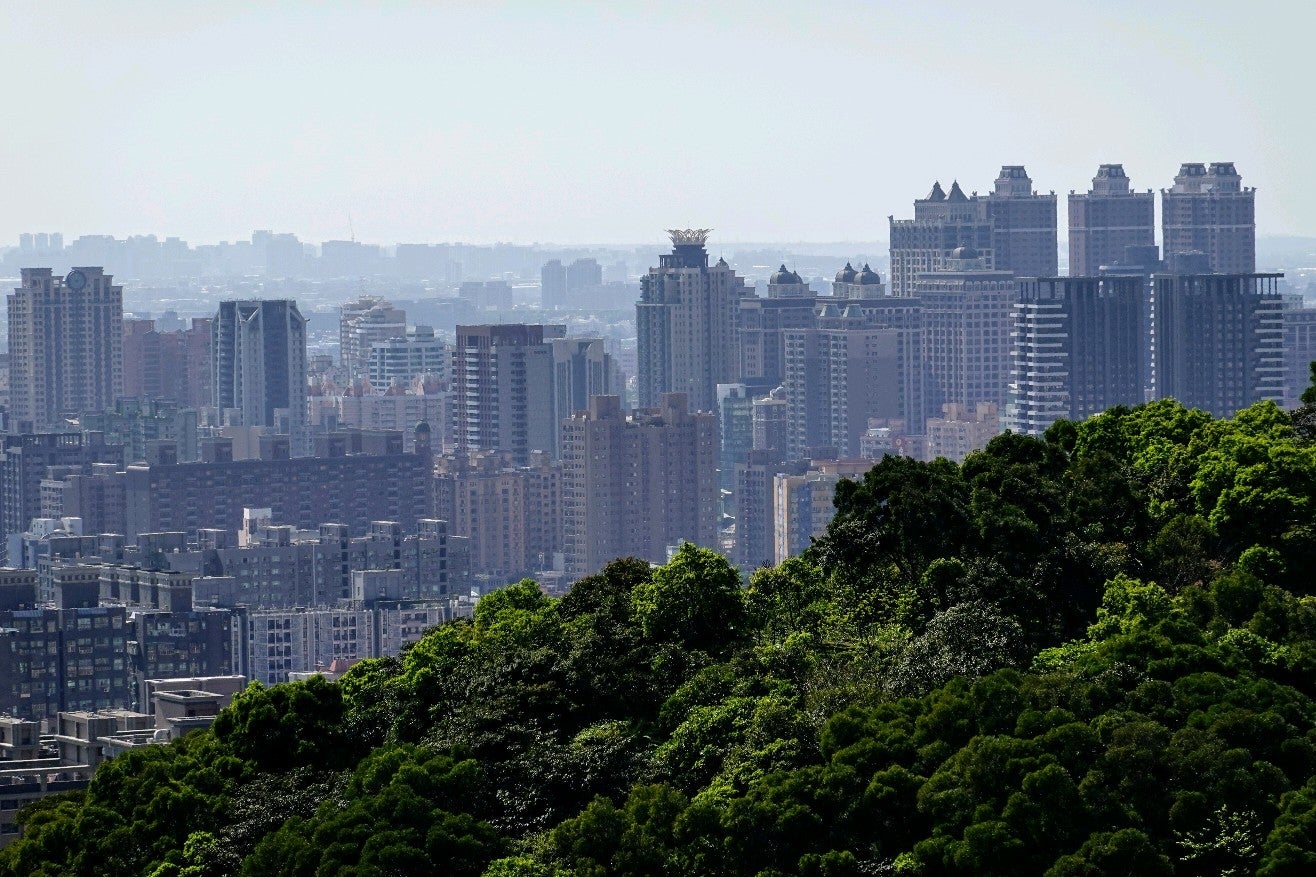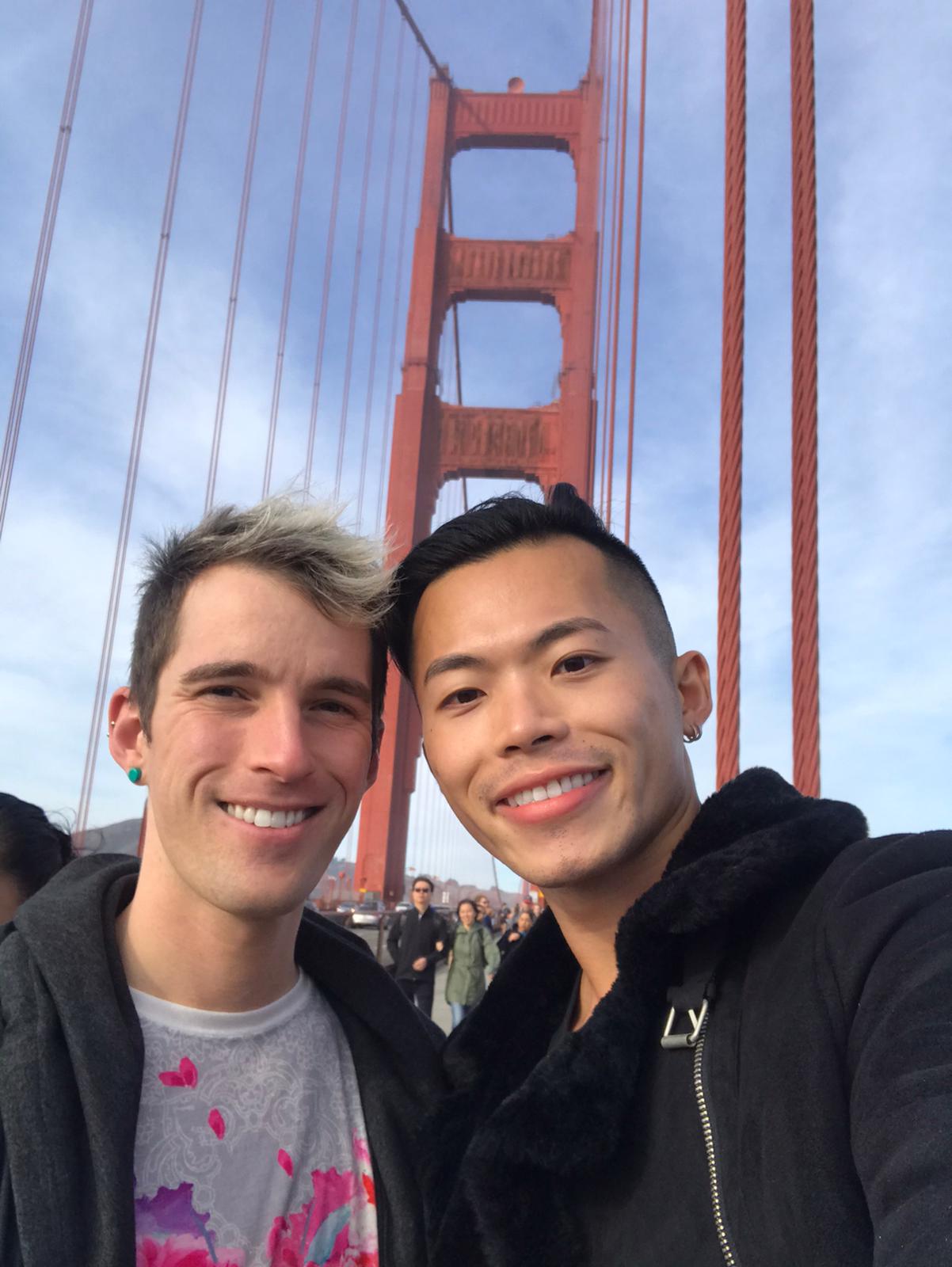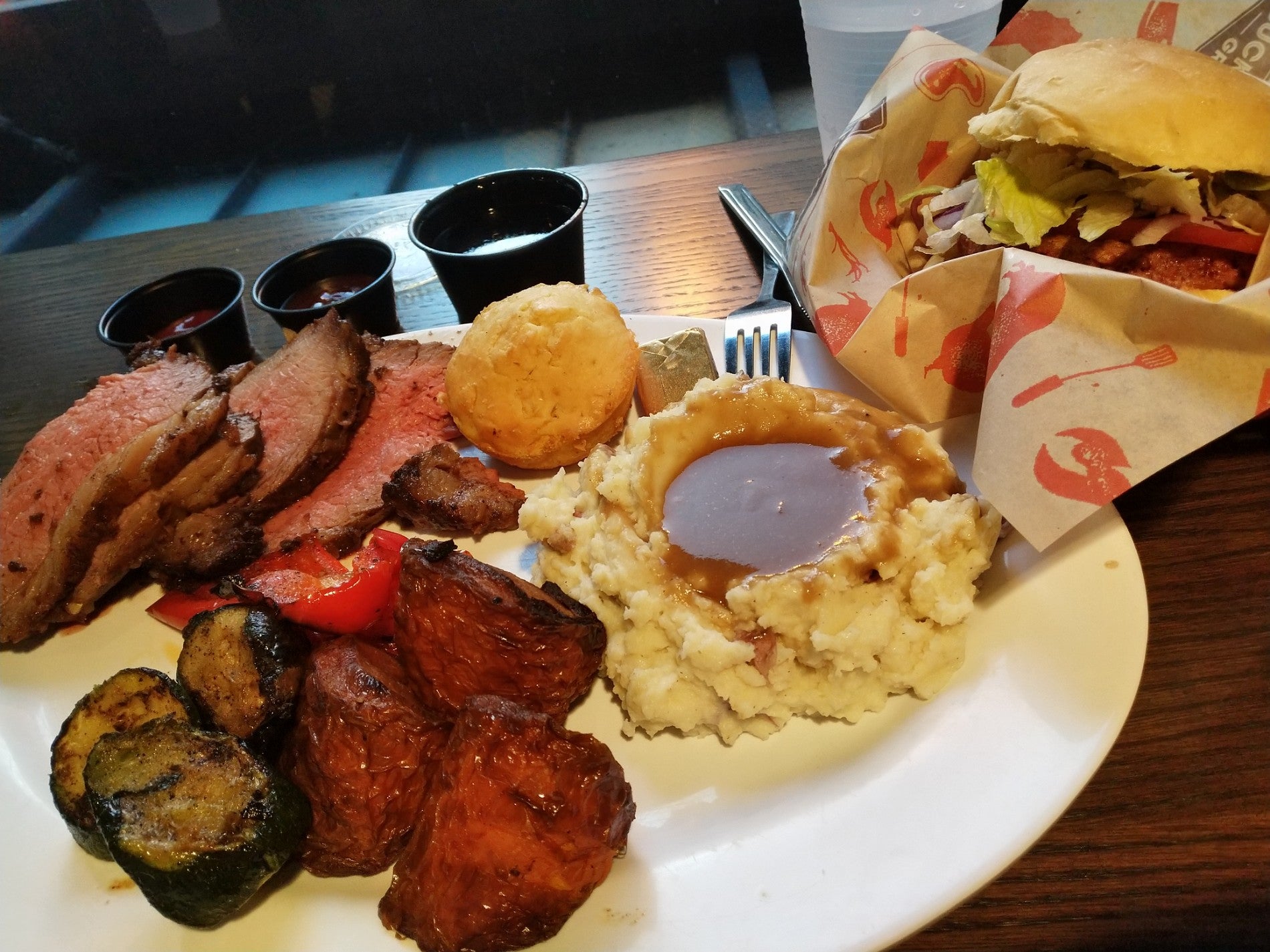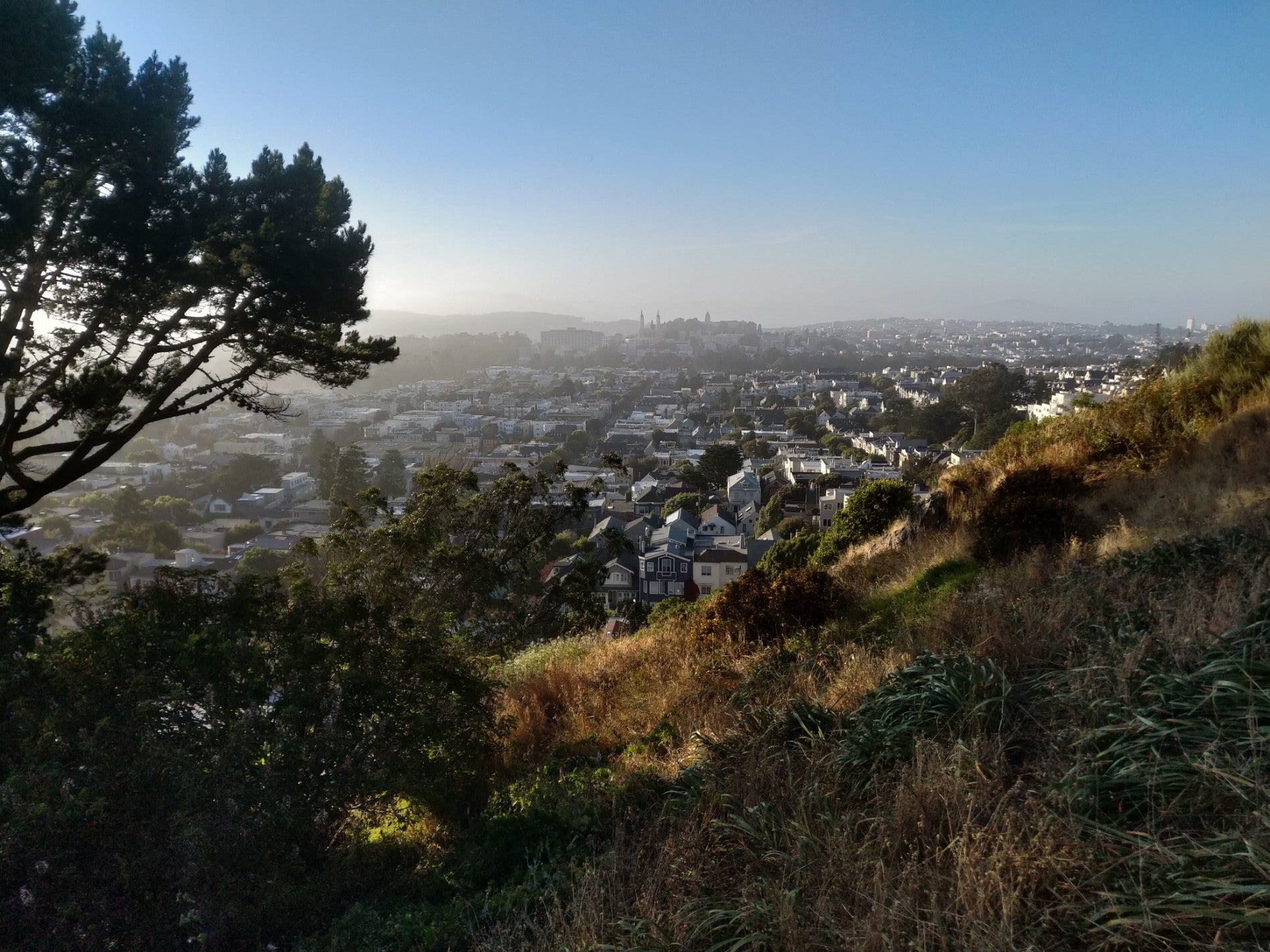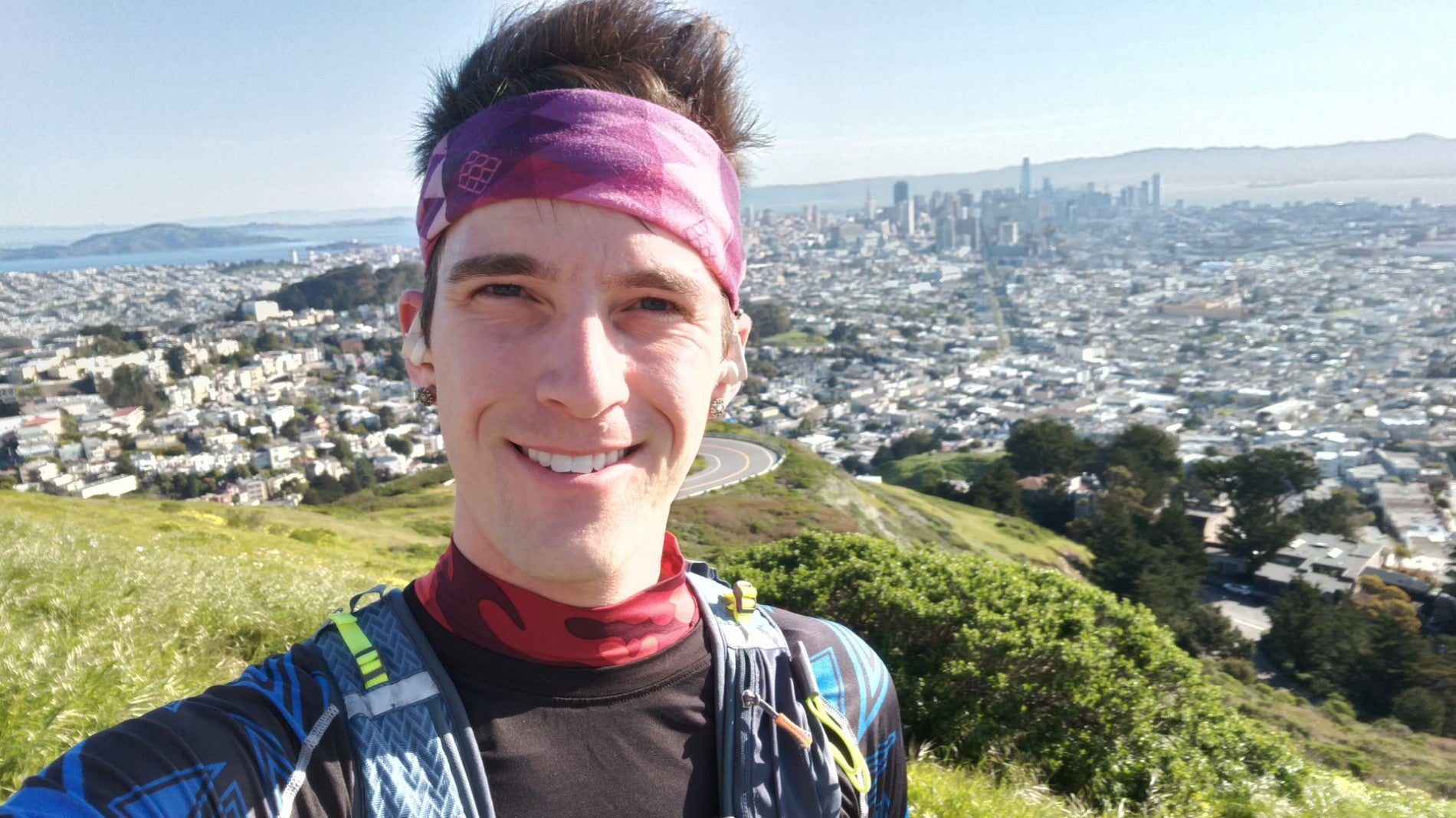Build trust in police
We must give police the tools they need to protect and serve their communities while also maintaining accountability to prevent corruption. This involves a combination of policies, education and equipment.
Implement community policing
Community policing is concerned with solving the crimes that the community is concerned about, and solving concerns by working with and gaining support from the community. The most effective solutions include coordinating police, government resources, citizens, and local business to address the problems affecting the community. They get in touch with the community in a variety of ways including: polls or surveys, town meetings, call-in programs, and meeting with interest groups. They use these connections to understand what the community wants out of its police officers and what the community is willing to do to solve its crime problem. (Wikipedia)
We should give community policing a shot because it shows the most promise to reduce the escalating tensions between the public and police. We do need to increase research funding to assess the impact of community policing on crime and other factors, but still let communities decide how they want to be policed given all available information.
Use of force
Law enforcement must be held to the highest standards, but must also be provided necessary training and compensation for their services. Officers should be highly trained in techniques for deescalation and dealing with mental illness, and any use of force must be justified. Police departments might explore officer specialization in these areas in an effort to reduce the need for force as much as possible. Police salaries should also be commensurately increased with the expertise demanded. These investments would reduce spending on investigations, administrative leave, legal costs and penalties while providing immeasurable value in community satisfaction and lives saved.
Cameras
We must require all police officers to wear body cameras and have vehicle cameras. Cameras make everyone safer by protecting against abuse and enable justice and education by recording exactly what led to and resulted from officer actions. Care must be taken to protect civil liberties in formulating policies for using and storing any captured video, audio, images or other data such as location data.
Militarization
Police must be given the tools to keep their communities safe, but use of military type equipment erodes public safety by harming trust in police. The American Civil Liberties Union wrote:
Sending a heavily armed team of officers to perform “normal” police work can dangerously escalate situations that need never have involved violence.
The change in equipment is too often paralleled by a corresponding change in attitude whereby police conceive of themselves as “at war” with communities rather than as public servants concerned with keeping their communities safe.
See the ACLU’s report War Comes Home.
Discriminatory profiling
Policies should prevent systemic racial and other unjust profiling and identify evidence of such profiling so it can be stopped and rectified.
On October 27, 2011, Baltimore police officer Joe Crystal witnessed two fellow cops beating up a drug suspect after the suspect, fleeing from the officers, kicked in the door of a home belonging to another officer’s girlfriend. After doing the right thing and turning in his fellow officers, Crystal was labeled a “snitch” and a “rat cop” by many other BPD officers and subjected to threats and intimidation — including having a dead rat placed on his car’s windshield. Eventually, in 2014 he bowed to the pressure and resigned from the Baltimore PD.
In this edited portion of a longer interview with The Young Turks’ Cenk Uygur, Crystal describes how today’s urban police forces have come to resemble street gangs, the difference between “us vs. them” urban policing and “customer service” policing that occurs in suburban areas, and wonders when police will start being given awards for challenging corruption in their own departments.
Full interview from previous video.

